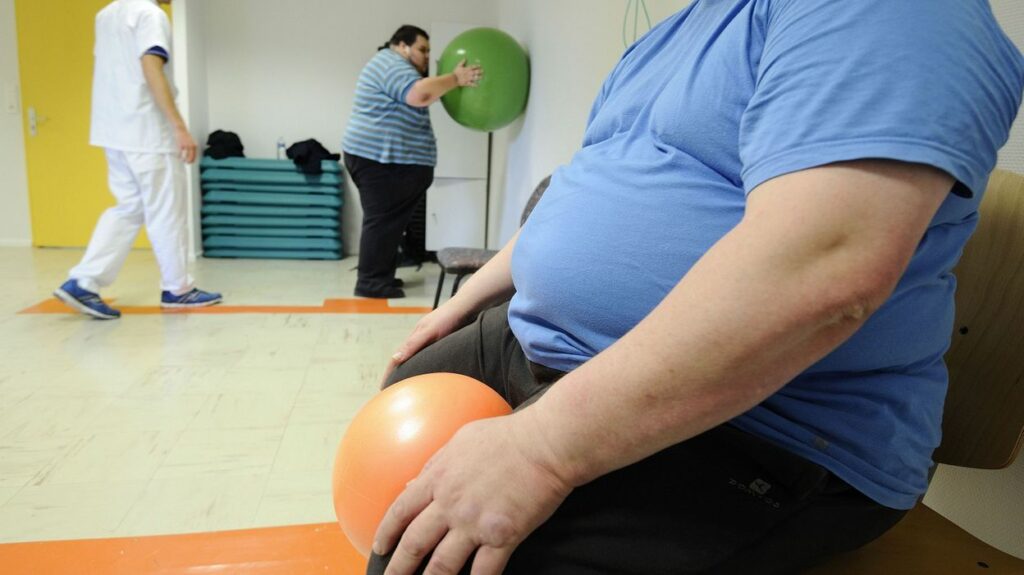Nearly two out of three workers (63%) in Belgium are overweight and 23% are even obese, according to a study by human resources specialist Attentia, based on data from more than 100,000 employees.
What’s more, 42% rarely – if ever – engage in physical activity, the researchers found, noting that all of these factors increase the risk of ergonomic problems at work.
Only 36% of the workers examined had a healthy body mass index (BMI) of between 18.5 and 24.9. On the other hand, 40% had a BMI of 25 to 29.9 and were therefore overweight, while 23% were obese, with a BMI of over 30. Underweight workers, on the other hand, were rare (1%).
Being overweight or obese affects men (65%) more than women (52%), and increases with age. While 40% of workers under the age of 24 are overweight, this figure rises to 71% among the over-55s.
Attentia’s figures also reveal that 42% of the people surveyed do little or no physical activity outside of work. On average, men do more sport and exercise than women. Younger people take part in sport or physical exercise more often, but from the age of 35 until over 55, there is little difference between the generations.
Yet being overweight, combined with a lack of physical activity, encourages ergonomic problems - at home, but also at work, warns the HR and wellbeing specialist.
For example, 44% of the health problems suffered by the workers in the study were musculoskeletal, very often the result of poor posture or repetitive movements. And being overweight increases the risk because it creates a greater load. Employees who exercise more, on the other hand, are better armed against back pain, for example.
Finally, points out Attentia, a healthy weight and an active lifestyle are also beneficial for the employer, as they lead to less absenteeism due to illness.

